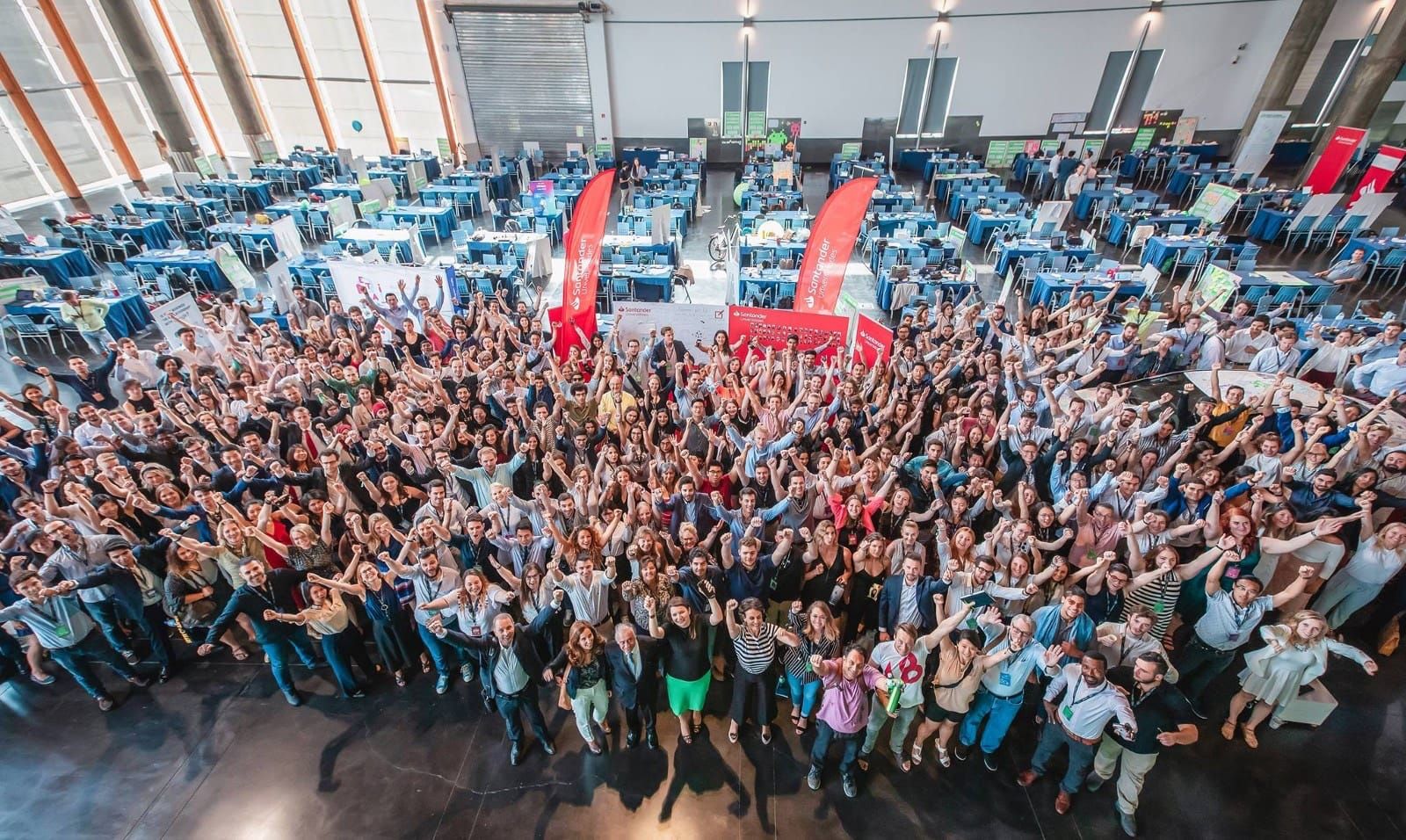
My experience of mentoring at the world’s leading entrepreneurship program
This summer in Cascais, Portugal, I mentored students at the European Innovation Academy. While I was mainly there to guide startups about their product, I also got to see some inspiring talks, meet some interesting people, and learn more about entrepreneurship. Read on to find out more about my experience.
What’s EIA? 🤔
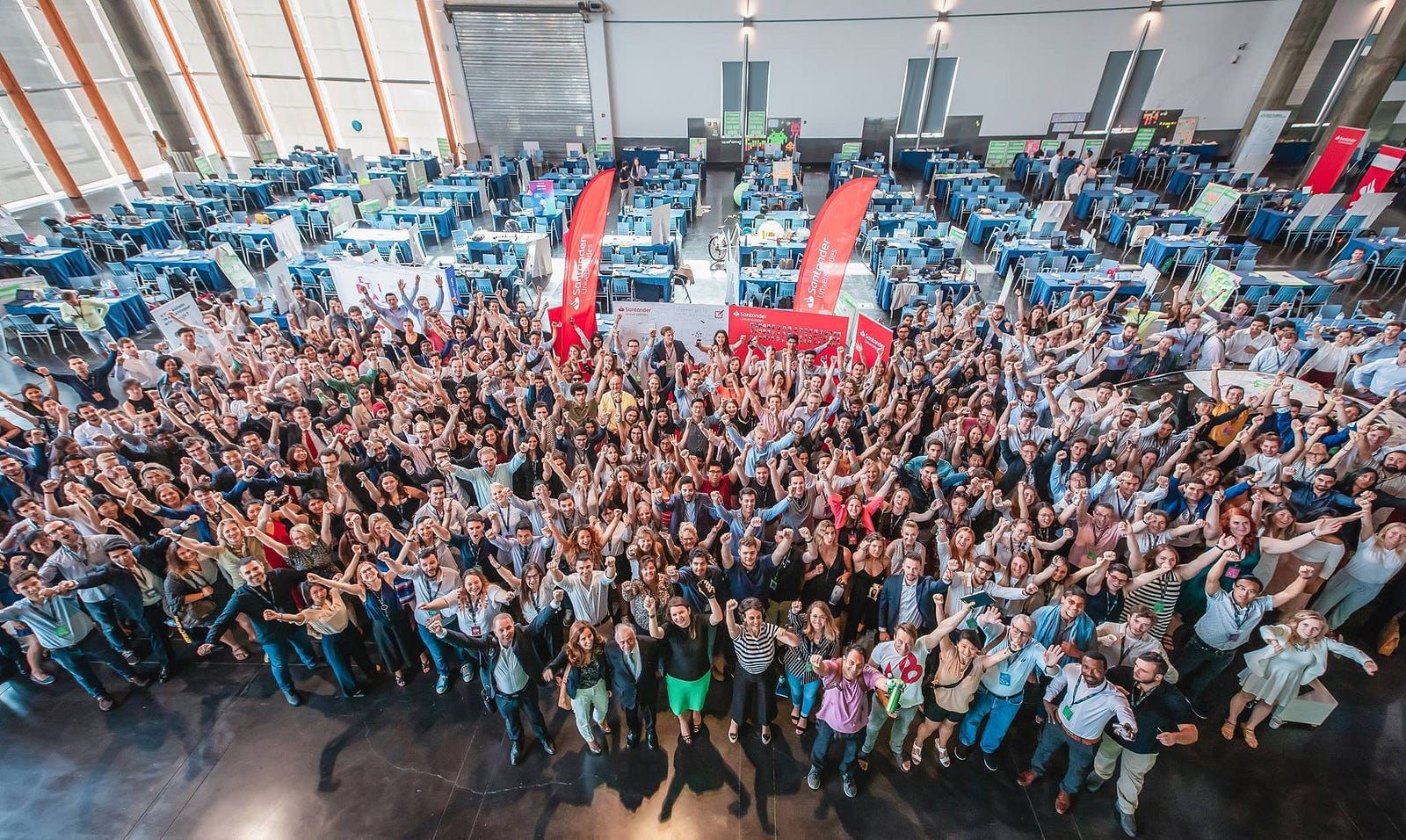
Final day of EIA Portugal 2018.
The European Innovation Academy is a non-profit, educational program developed through joint partnerships with professionals from the world’s top institutions; to include Stanford University, U.C. Berkeley, and Google. The program takes students through the real-life process of building a startup from concept to launch and gives them the know-how to make it happen.
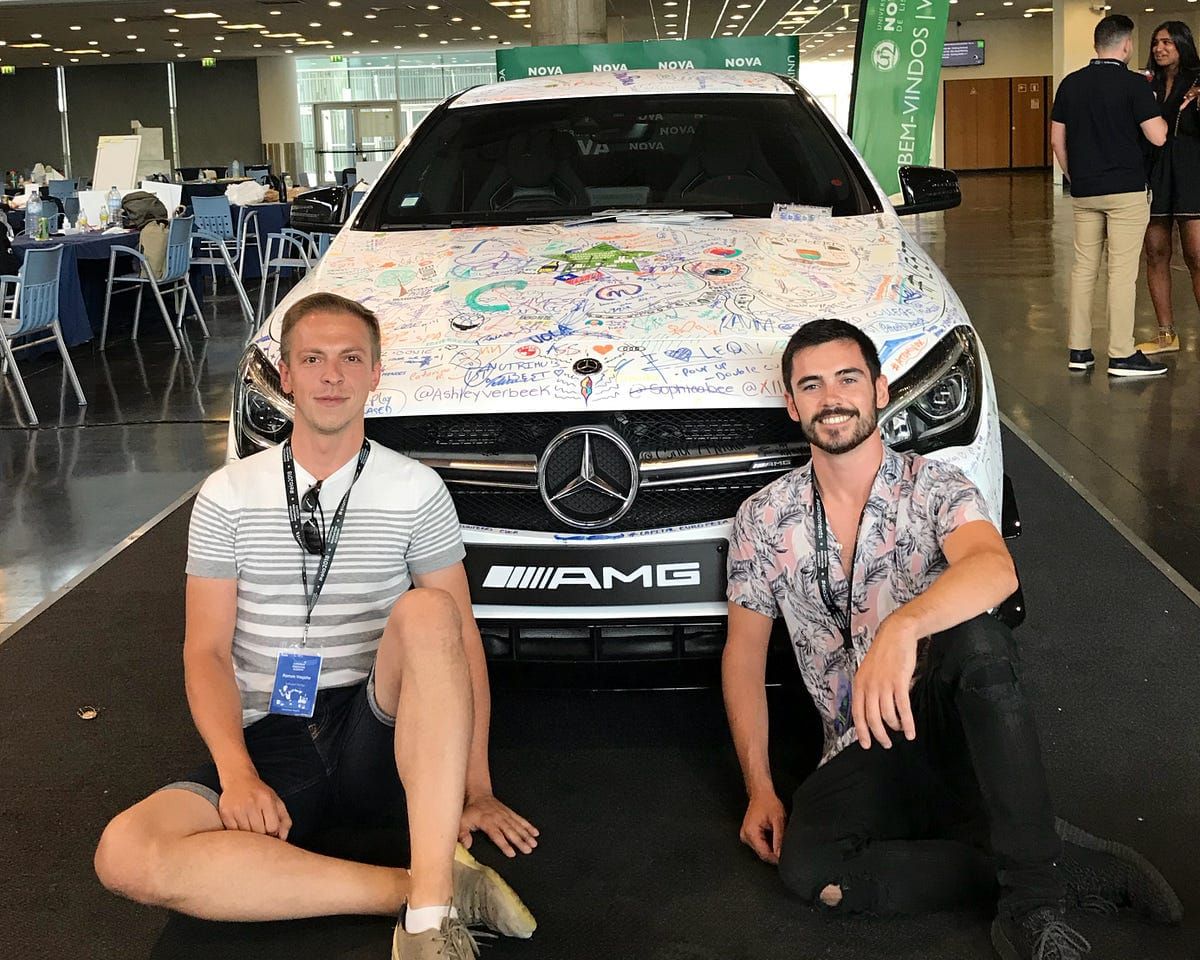
That’s me on the right and Roman Vasjoho on the left, another product mentor and member of the Mercedes-Benz.io team.
Who are you? 🧐
I’m Adam, a 23-year-old, DIT graduate from Dublin, who was also a participant of EIA last year. Our startup, Tiger Time made it to the Top 10 of EIA and we went on to join the Lisbon Challenge, one of Europe’s best accelerators, run by Beta-i. I recently joined Mercedes-Benz.io, a young company responsible for driving Daimler’s digital transformation and a key player in Lisbon’s tech scene.
How did you become a mentor?
Aside from what I learnt from previously attending EIA, being a Lisbon Challenge alum, and the highs and lows of having a startup, I found I actually took a lot of valuable knowledge from podcasts and YouTube. By just consuming the right content in my spare time, I was able to learn a wealth of information with what I would consider to be very little effort for no cost at all. There’s nothing stopping you from doing this too. Regarding podcasts, I recommend listening to The Tim Ferriss Show and Masters of Scale with Reid Hoffman. I use Spotify for podcasts, but you can find these on Apple Podcasts or YouTube if you prefer. On YouTube, I recommend checking out How to Start a Startup and this video by Tim Ferriss also. Basically, just do everything Tim Ferriss says and you’ll be fine.
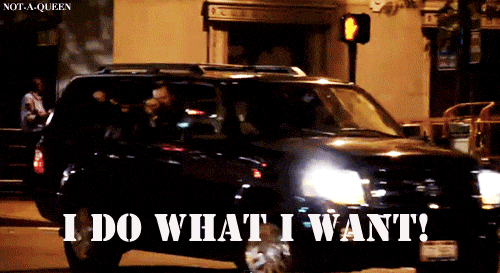
¯\_(ツ)_/¯
Then, you can write a Medium piece about whatever you learn and show it off on LinkedIn. This lets you actually test, reinforce, and prove your knowledge.
Cool, so what did you do at EIA?
A normal day at EIA can be broken down into 3 parts: learning from speakers in the morning, putting knowledge into practice with mentoring in the afternoon, and social events in the evenings. Each of the 5 product mentors were assigned about 15 teams to mentor with 45 minutes for each team over the 3 days.

Numbers!
How did you help the startups?
Aside from some very specific problems with React-Native or hosting on Heroku, something I noticed was that a lot of my teams had common issues. One such example was that some teams hadn’t clearly defined their customer or were just trying to please everyone.
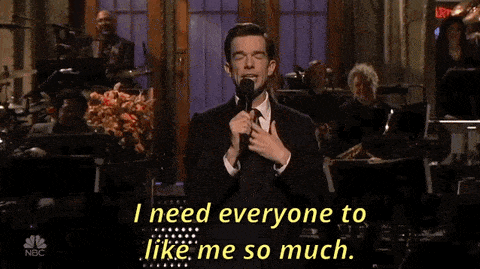
I recommended that before they dive into building their product, they need to have a better idea of who exactly they’re building it for. You’ll find it’s a lot easier to craft a user experience around one specific type of customer because you’re less likely to get conflicting feedback due to different needs. At least in the early stages, your aim should be to make a small number of people love your product, rather than have loads of people that just kind of like it. As an added bonus, you’re likely to find that your 1000 true fans will end up doing a lot of your marketing for you.
Did you learn anything from the experience?
There were a lot of things that I had learnt previously that were reinforced by mentoring this year. For example, I had heard that about 30% of startup knowledge is generally applicable between all startups. As previously mentioned, a lot of my teams had common issues, so I was really able to see that in practice. I also didn’t realise how much I learnt just from listening to podcasts. It’s such an easy thing to do while chilling in the park or taking the metro to work that provides so much value.
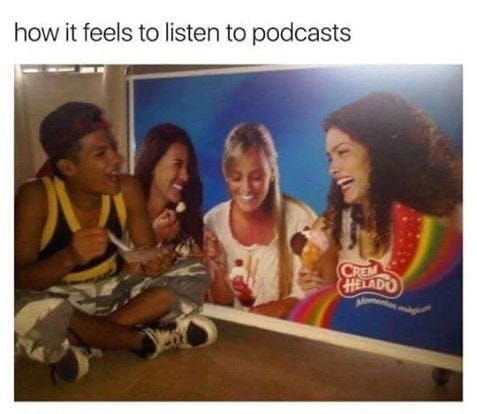
Same
But the most valuable thing I learnt was that most people will help you if they can, you just have to ask. By being on the other side of EIA, I realised that I really wanted to share my knowledge and help in any way I could. I just had to be asked. I think one of the biggest keys to succeeding in life is overcoming the fear of being told no. There are various ways to do this but one interesting way that I recommend is trying “comfort challenges”. For example, next time you buy coffee, ask for a 10% discount. You might get rejected, but you’ll find that it’s really not as bad as you made it out to be in your head. Or you might just get cheaper coffee. Either way, there’s really nothing to lose. You can find more comfort challenges here.
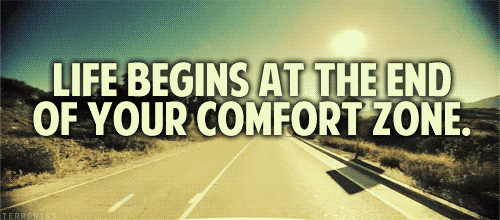
Thanks for reading and feel free to reach out to me on LinkedIn if you need anything.
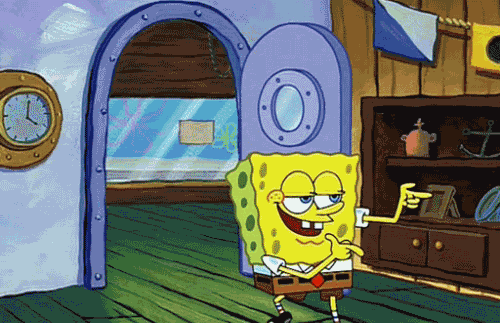
Related articles
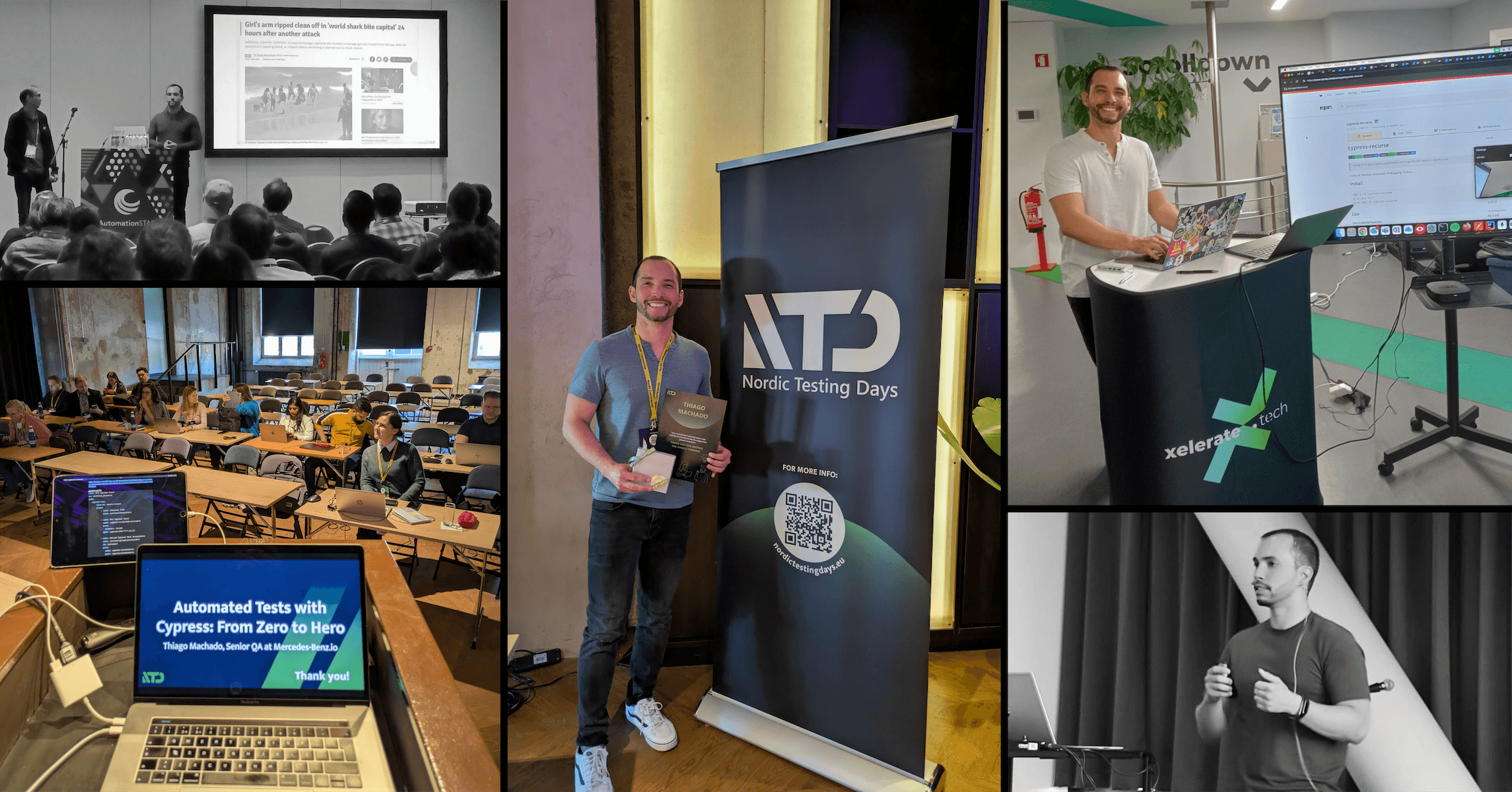
Thiago Ferreira
Finding my voice, one speech at a time
Do you know when you watch a nice speech or talk and get inspired by that? Did you ever have the feeling of “I would like to do that one day”?
Jul 2, 2025
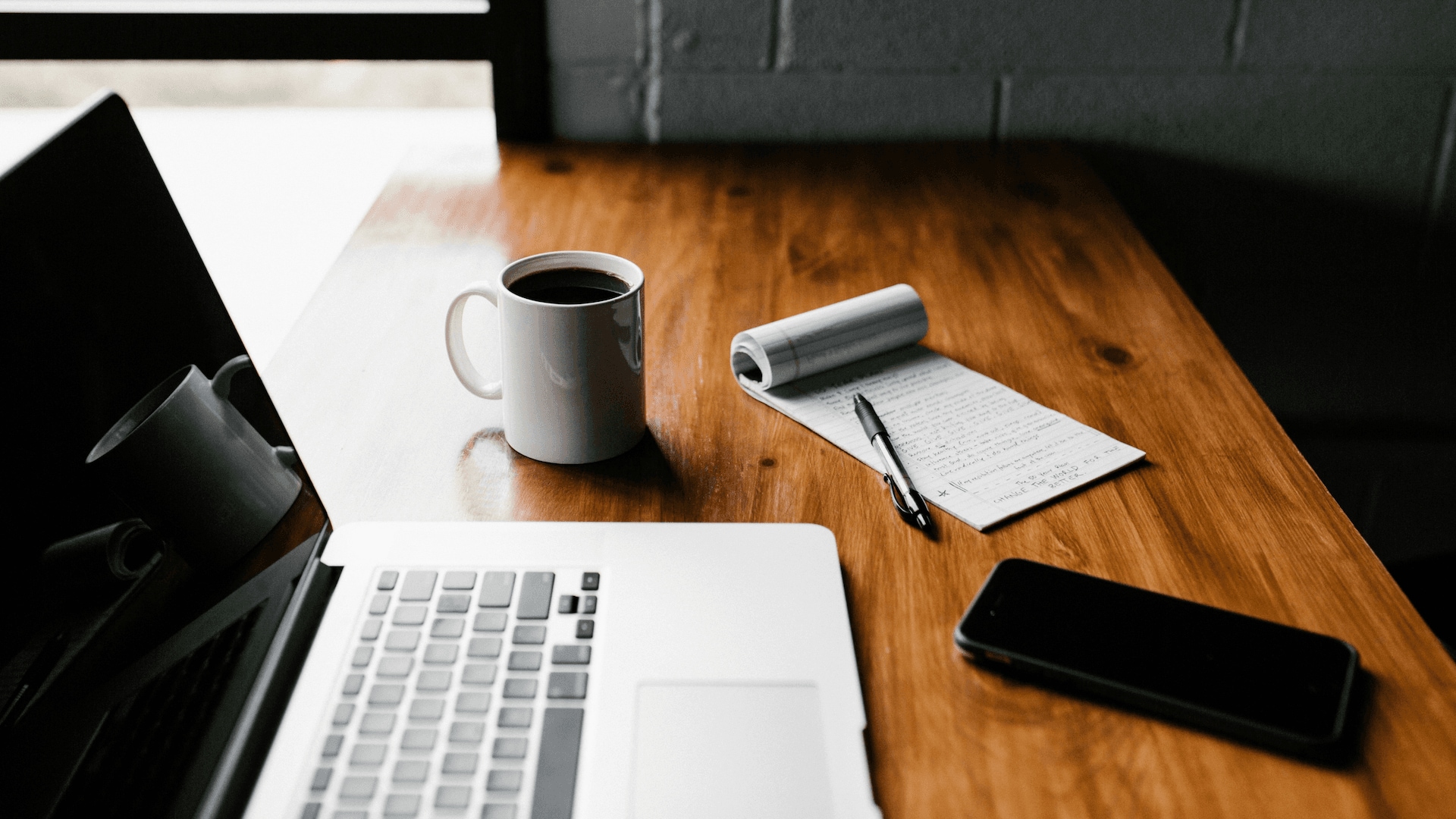
Inês Marques, Mariana Finkenauer, Raphael Marques
Design Meets Dev: How Collaboration Shapes Better Digital Experiences
At Mercedes-Benz.io, crafting seamless digital experiences means more than just writing code or designing interfaces - it means building together. Between design systems and frontend logic, wireframes and production, pixels and components, there’s something deeper at play: a continuous dialogue between designers and developers.
Jun 27, 2025
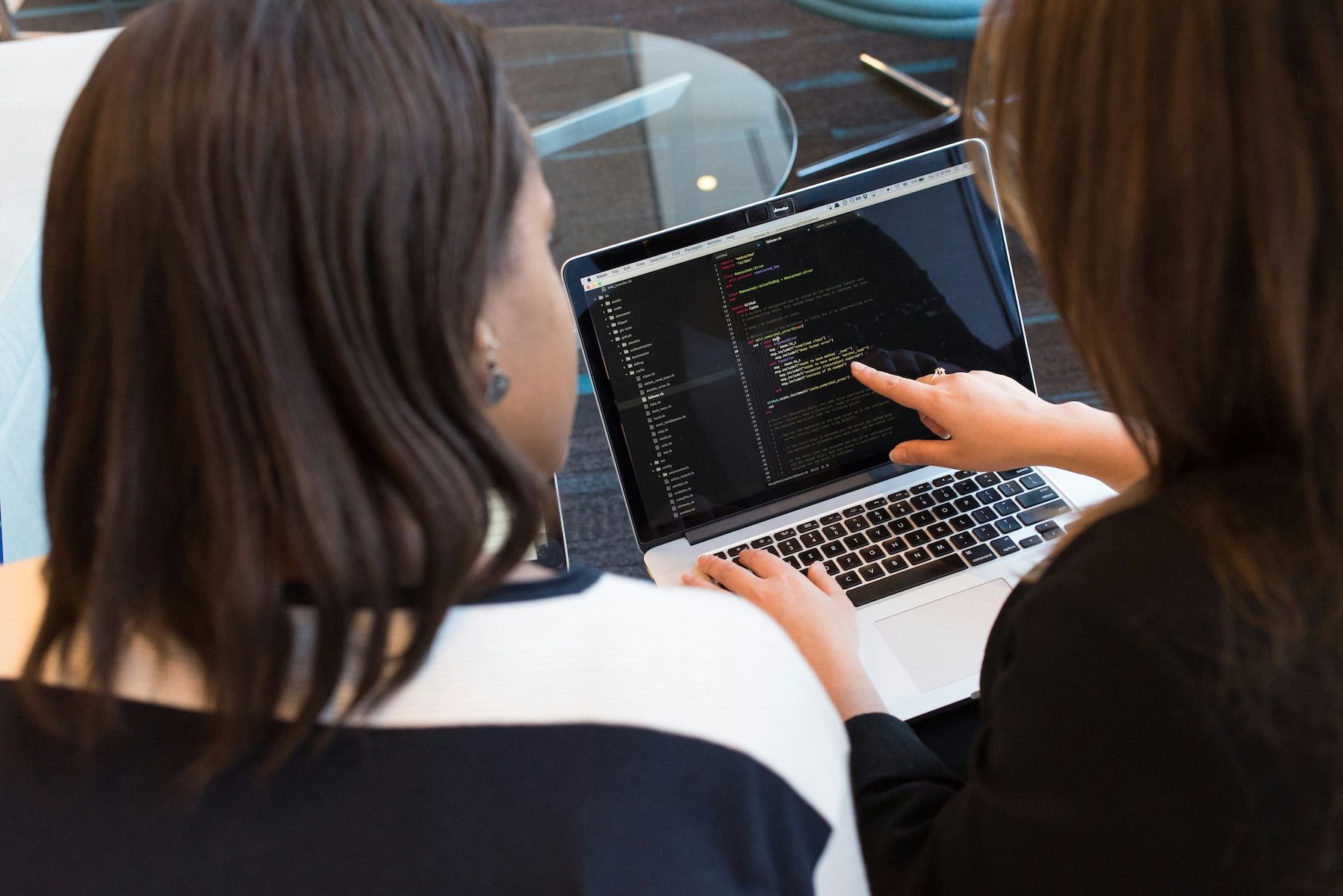
Eduarda Cruz, Emna Maâlej, Hélia Freire
Women in Engineering: Stories of Belonging, Growth, and the Power of Support
Engineering shapes the world we live in. But the people shaping it don’t always reflect the world around us. Women in engineering still face barriers of access, representation and recognition. But they also bring resilience, innovation, and perspective that drive progress in ways that are both measurable and meaningful.
Jun 24, 2025